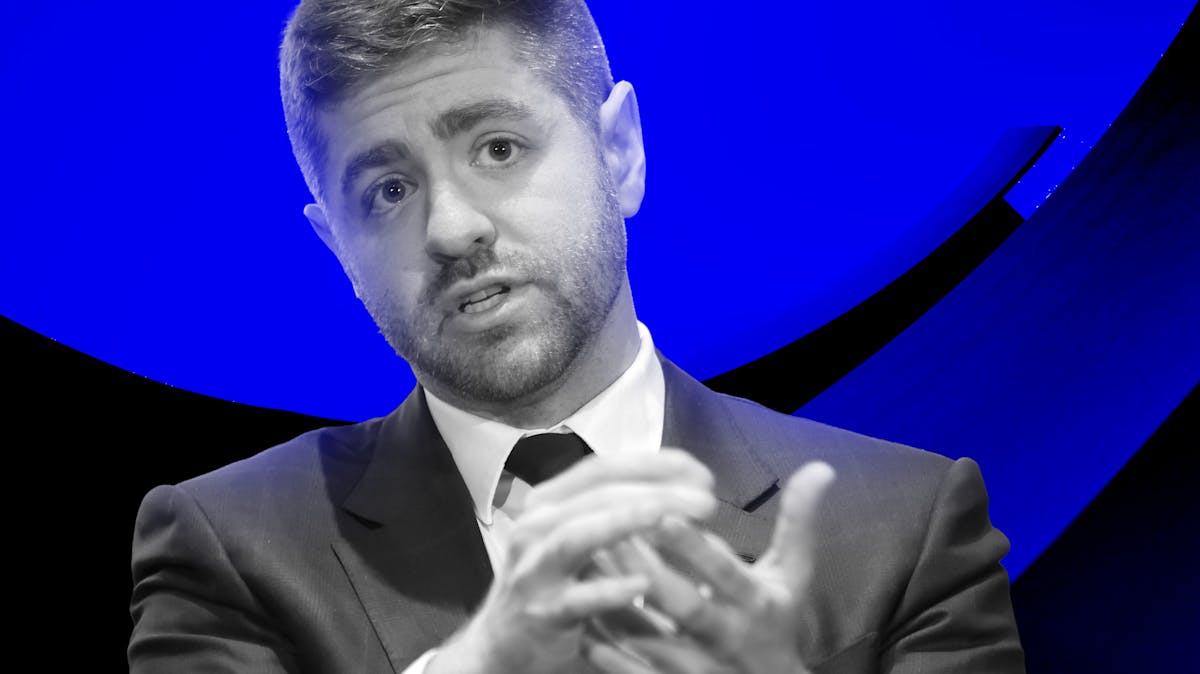Summary:
Microsoft invests in Vaulted Deep to remove 4.9M metric tons of CO2 by 2038 using waste injection technology
Vaulted Deep's method turns human and animal waste into underground carbon sinks, dubbed a "reverse oil company"
Microsoft's emissions rose 25% since 2020, hitting 14.9M metric tons in 2023—double its 2030 target
Additional partnerships with Chestnut Carbon and CO280 aim to remove 10.7M metric tons of CO2 combined
Global carbon removal market expected to reach $2.55B by 2032, growing at 15% annually
Microsoft's Climate Strategy with Vaulted Deep
Microsoft is making headlines with its latest investment in Vaulted Deep, a startup with a unique approach to carbon removal. By injecting human and animal waste into rocks, Vaulted Deep aims to permanently eliminate 4.9 million metric tons of CO2 by 2038 under a 12-year agreement with Microsoft.
How It Works
Vaulted Deep, a runner-up in Elon Musk's Xprize Carbon Removal competition, utilizes a method described as a "reverse oil company". It transforms waste materials—like manure and paper sludge—into a carbon-rich slurry. This slurry is then injected deep underground using reverse fracking technology, creating long-term carbon sinks.
Microsoft's Climate Pledge
Despite its ambitious goal to become carbon negative by 2030, Microsoft's emissions have surged by 25% since 2020, largely due to expanding data centers. In 2023 alone, the company reported 14.9 million metric tons of greenhouse gas emissions—more than double its 2030 target.
Broader Carbon Removal Efforts
Microsoft isn't stopping with Vaulted Deep. The tech giant has also partnered with:
- Chestnut Carbon: A reforestation startup aiming to remove 7 million metric tons of CO2.
- CO280: Targeting 3.7 million metric tons from Gulf Coast paper mills.
The global carbon dioxide removal market is projected to grow from $611 million in 2023 to $2.55 billion by 2032, driven by innovations from companies like Climeworks AG and Heirloom Carbon.









Comments